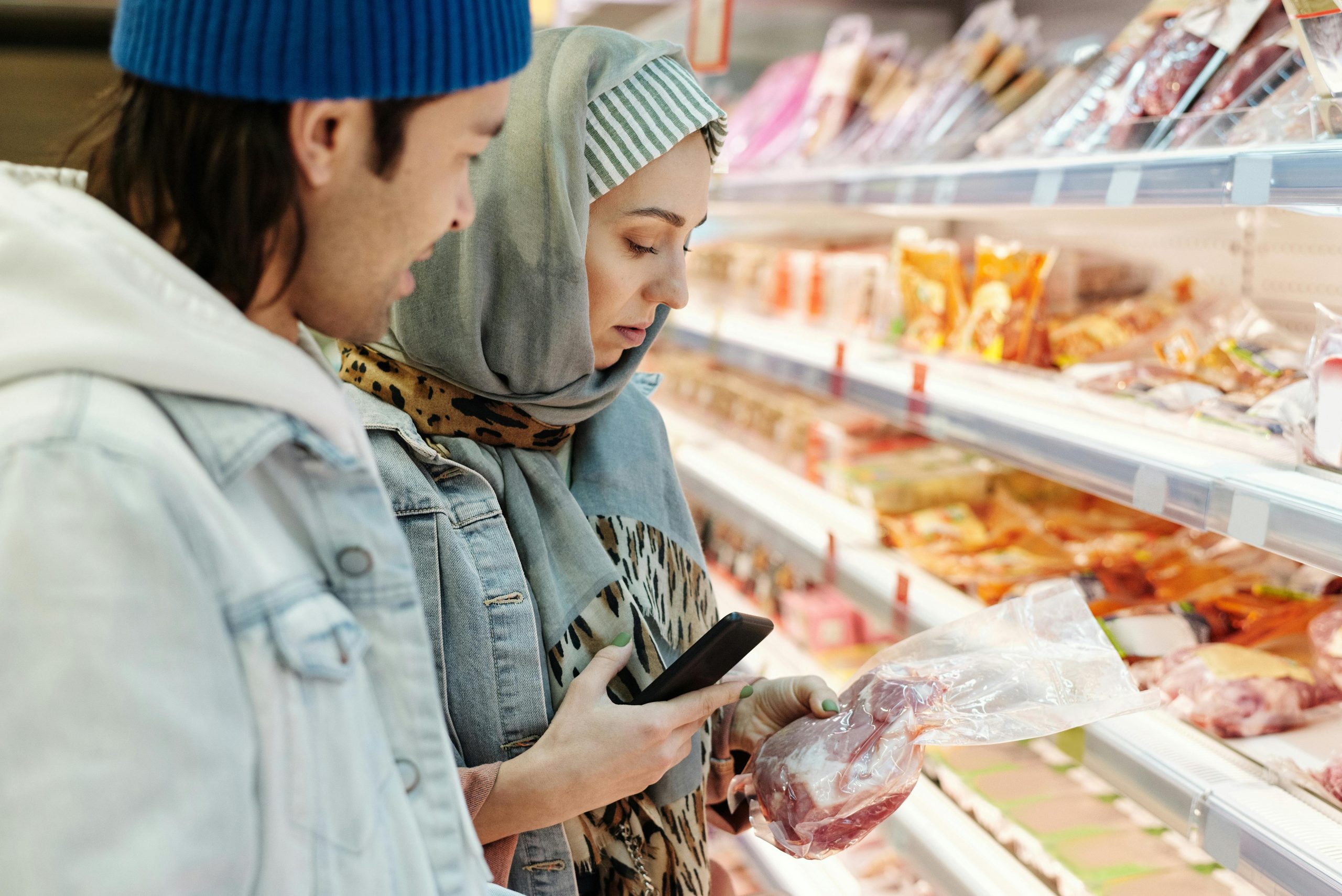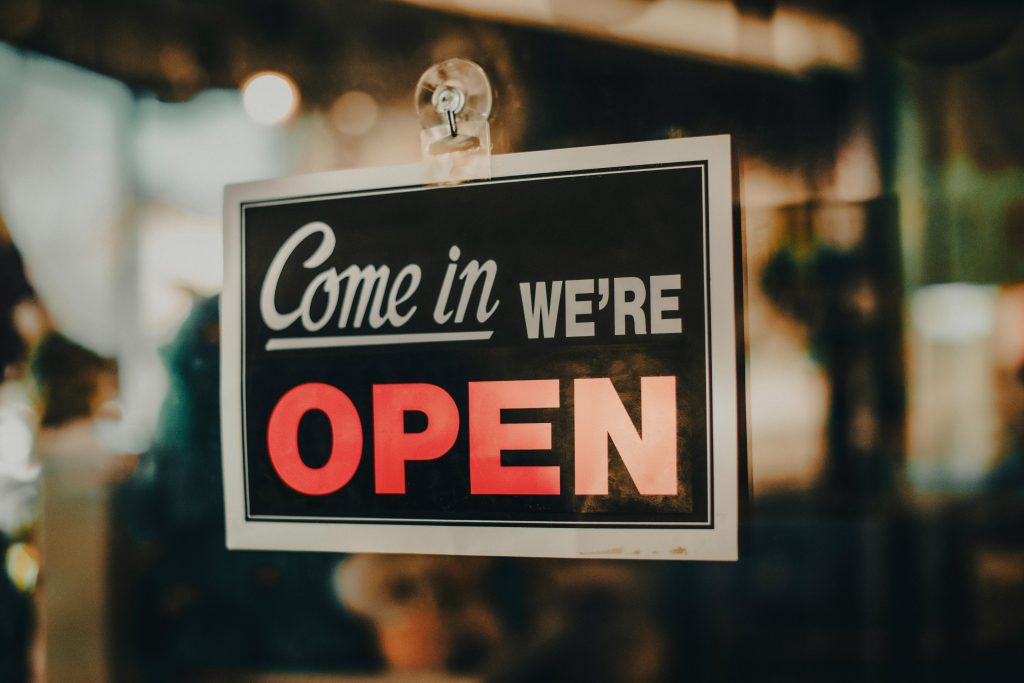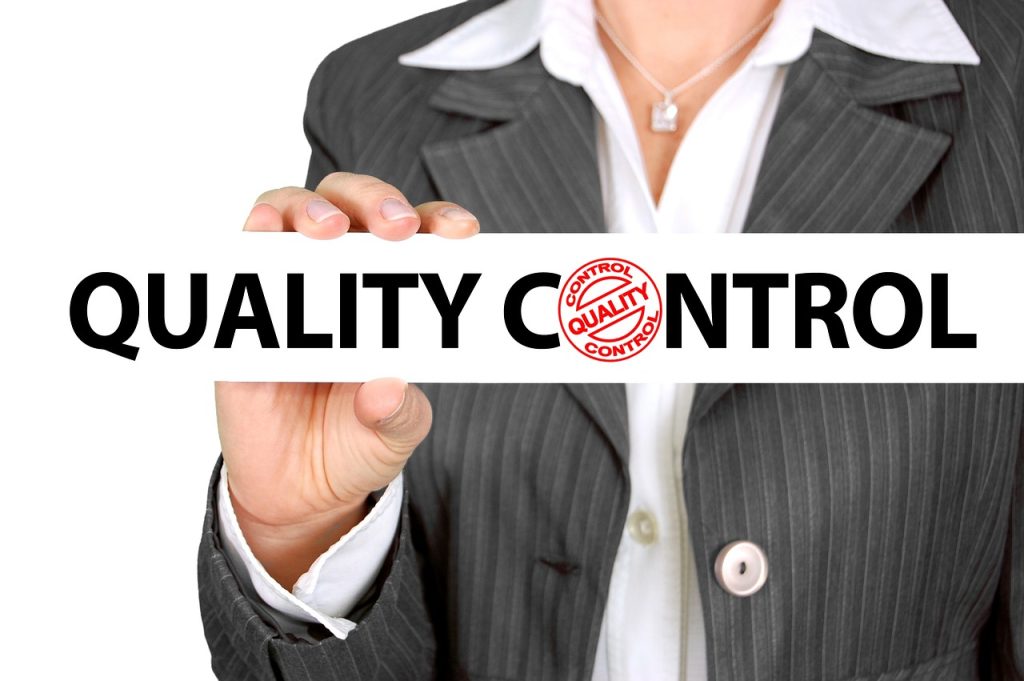There has been gossip about halal certification in the restaurant industry. Are you also scared of your restaurant shutting down because of not having halal certification? Are you also thinking that you might lose a lot of customers because of this?
Halal Certification is not mandatory for all the restaurants in Malaysia as confirmed by Deputy Prime Minister Zahid Hamidi on September 18, 2024. But without a certificate, You will lose customers who are strictly looking for halal-certified restaurants.
What is Halal Certification?
Halal Certification means that food from your restaurant is safe to consume by Muslims. Islam law has stated certain requirements that the food needs to meet to be safe for consumption by Muslims. Foods that don’t meet these standards are considered haram.
What is the meaning of Halal Food?
In simple words, the food prepared without alcohol or pork is called Halal. However, each step of the cooking process has to be halal to be considered for certification. The animal meat used in the food has to be slaughtered in a certain way, and each step has to be done hygienically. Even the sources where you get your ingredients have to be halal certified.
Do you Need Halal Certification for Your Restaurant?
As of 2024, all the restaurants don’t need to get halal certification. However, if you want to serve Muslim customers then it would be better to get halal certification.
Why does Halal Certification matter for your Restaurant in Malaysia?
Malaysia is a predominantly Muslim country, with nearly 64% of the population identifying as Muslim (according to the Department of Statistics Malaysia, 2021). This makes halal certification incredibly important if you want to cater to the majority of Malaysians. Many customers look specifically for halal-certified restaurants when choosing where to eat, whether for religious reasons or to ensure the food’s quality and safety.
Getting halal certification is more than just a label—it can significantly expand your customer base. Offering halal food makes your restaurant more accessible to Muslim customers who only eat at places they trust. Moreover, in a diverse country like Malaysia, even non-Muslims often prefer halal-certified establishments due to the rigorous standards of cleanliness and quality that the certification guarantees.
Benefits of getting halal certification for your restaurant?
Access to a larger market– Malaysia is home to more than 62% of the Muslim population. Without a halal certificate, you can only focus on 38% of the population which will decrease the chances of you getting more sales.
Higher Standards of Hygiene and Quality: Getting halal certification involves strict checks on cleanliness, food safety, and ethical sourcing of ingredients. Meeting these standards can improve the overall quality of your restaurant’s offerings.
Increase in Customer Trust– Muslim customers are conscious about the places they dine in. Having a halal certificate assures them to dine at your restaurant without any worries. They would want to come back to your restaurant more often.
Brand Reputation: Halal certification can be a powerful marketing tool. It shows that your restaurant adheres to high ethical and health standards, which can attract non-Muslim customers too. A 2022 survey by Nielsen found that 63% of non-Muslims in Malaysia are open to eating at halal-certified establishments for these reasons.
In a multicultural country like Malaysia, halal certification can make a significant difference for your restaurant. It’s not just about religious adherence; it’s also about meeting high standards of quality and hygiene. In 2024, halal certification remains optional but highly recommended if you want to cater to the Muslim population. By securing halal certification, you show your commitment to offering safe, ethical, and high-quality food that everyone can enjoy.
Remember, investing in halal certification isn’t just about attracting more customers—it’s about building trust, reputation, and long-term success for your restaurant.




